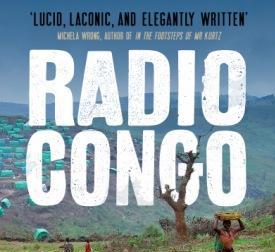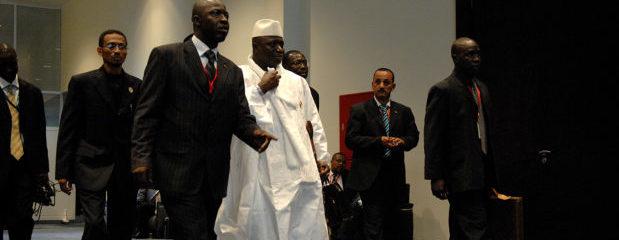Are Serving Heads of State Immune from ICC Prosecution?
The question arises whether an international criminal tribunal can indict, issue arrest warrants for, or prosecute, a serving head of State. It is generally accepted that under international law, serving heads of State are immune from the jurisdiction of other States. Therefore they are not subject to the arrest or criminal processes of other States. This immunity for serving heads of State is a right which accrues not to the individual but to his or her State. The reason for the immunity is that the effective conduct of international relations requires that those senior officials charged with the conducting of those relations be able to travel freely and without other States’ harassment. The International Court of Justice (ICJ) has ruled that this immunity is absolute and that serving heads of State, heads of Government and foreign ministers may not be prosecuted in foreign national courts or arrested abroad even when charged with international crimes. This was the decision in the Arrest Warrant Case (2002) which concerned whether Belgium could issue an arrest warrant for the then foreign minister of the Democratic Republic of Congo with respect to war crimes and crimes against humanity. However, in the same case, the ICJ went on to say that immunity does not mean impunity and suggested that serving heads of State may be prosecuted before “certain international tribunals“, referring to the ICC as well as other tribunals.
Read the full text of Dapo Akande’s article, first published on the website of the Oxford Transitional Justice Research programme, here.
Dapo Akande is university lecturer in public international law at St. Peter’s College, Oxford.






